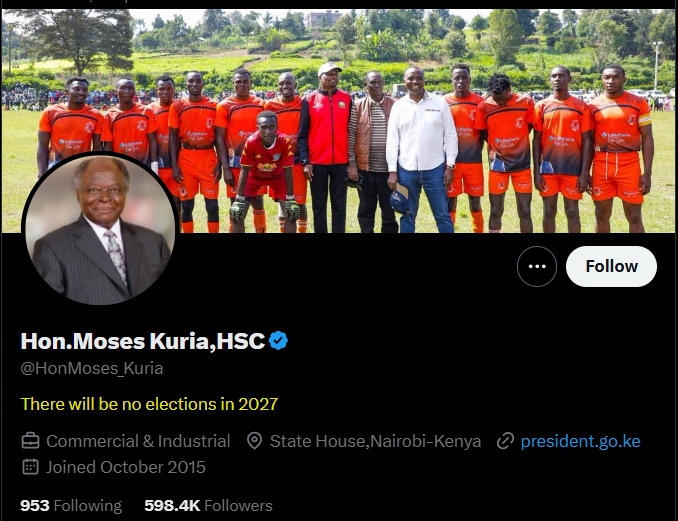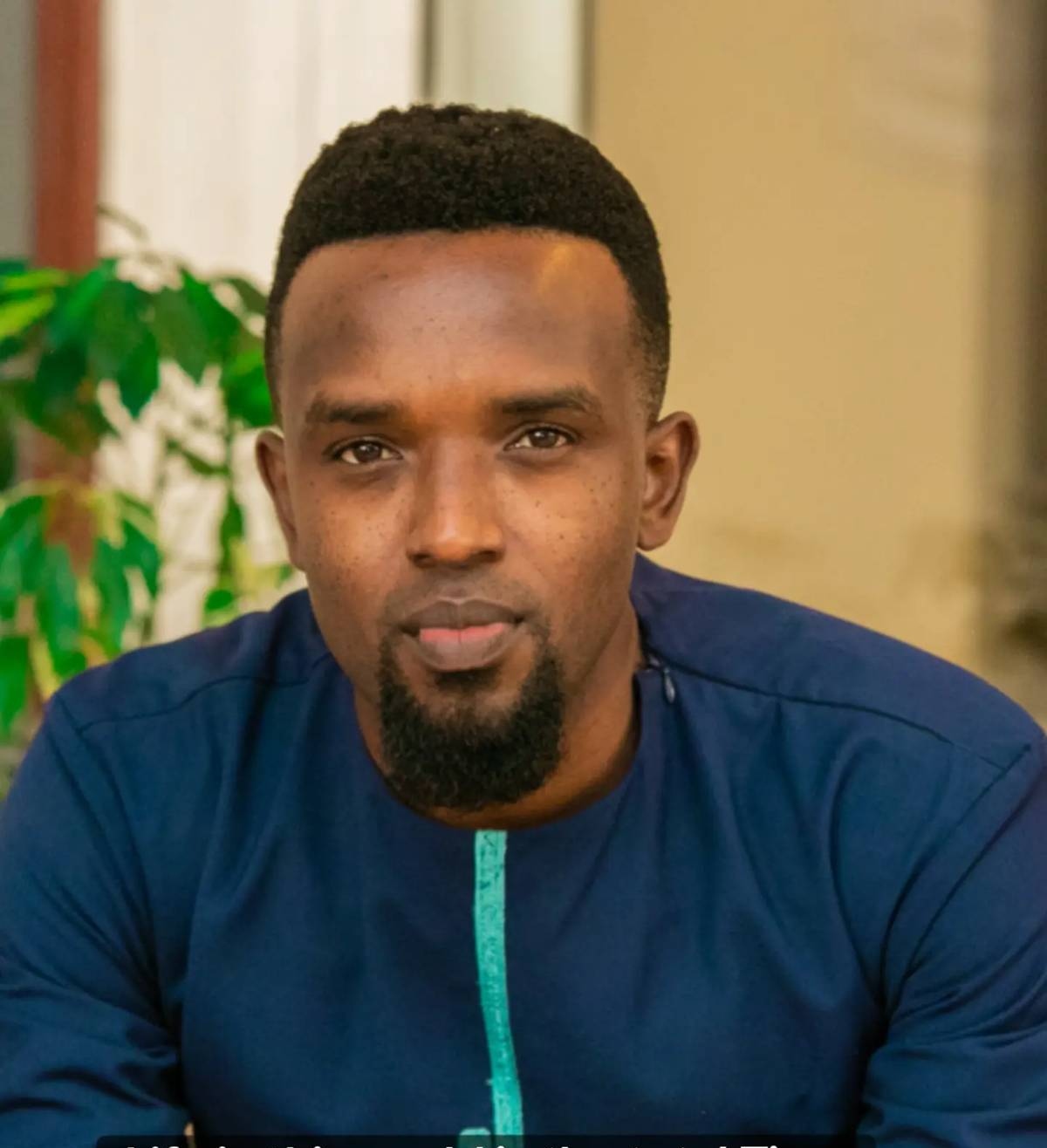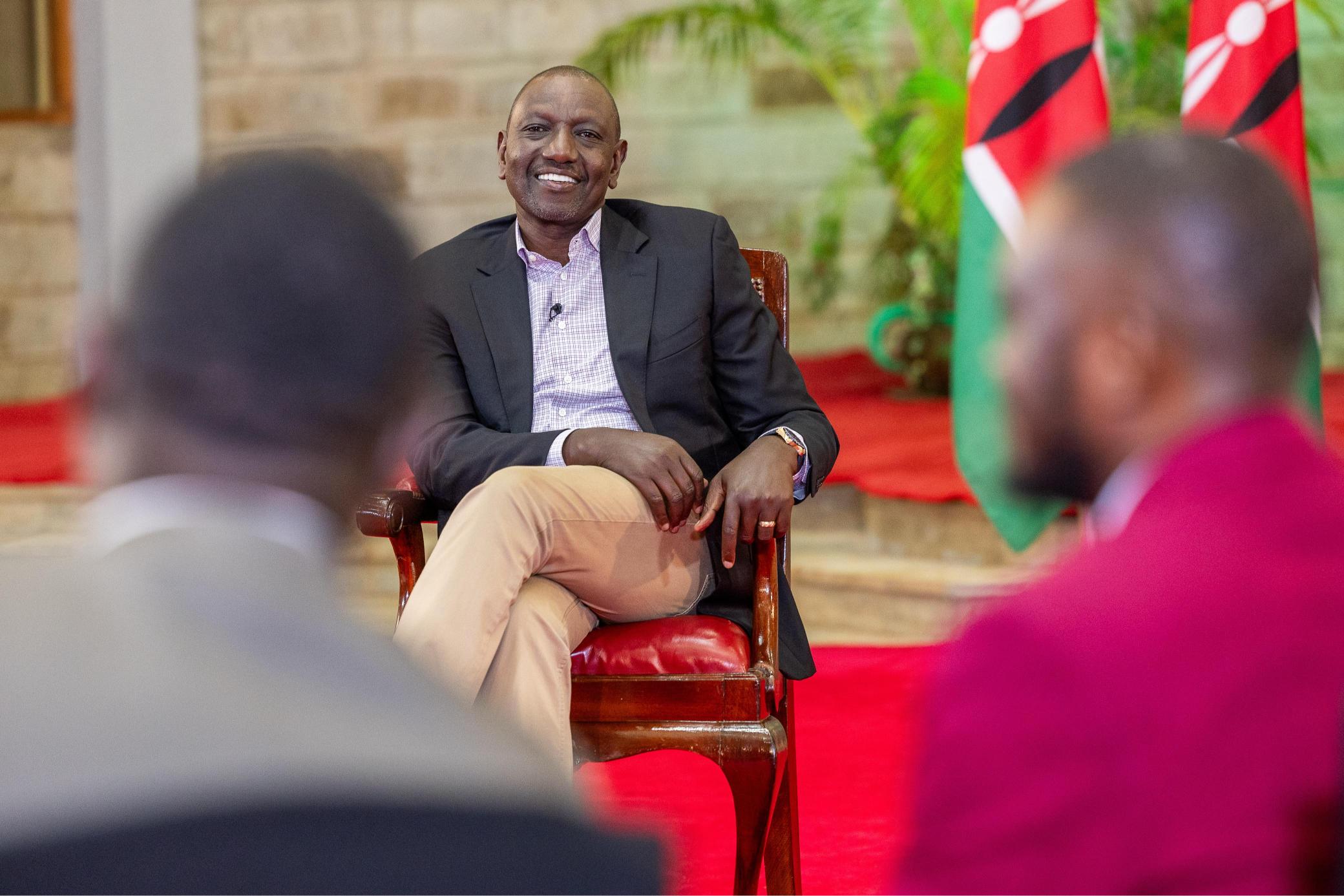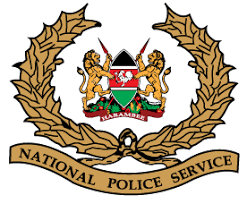TikToker Kakan Maiyo Arrested Over Alleged Incitement Amid Nationwide Protests
In a fast-developing story amid Kenya’s intensifying anti-government demonstrations, popular TikToker Godfrey Mwasiaga, known online as Kakan Maiyo, has been arrested on suspicion of inciting violence against law enforcement.
The Directorate of Criminal Investigations (DCI) confirmed the arrest in a statement posted to their official Facebook page on Wednesday, alleging that Mwasiaga had uploaded a viral video urging Kenyans to attack police officers and their families.
“Godfrey Mwasiaga aka Kakan Maiyo, the suspect behind a viral video inciting violence against police officers and their families, has been arrested. The video had been uploaded to his TikTok account,” read part of the DCI’s statement.
According to authorities, detectives tracked him down to his business premises located at Kimathi House in Nairobi’s Central Business District, where he was operating a logistics firm under the name LetaPeleka Logistics. He is currently being held in custody and is expected to be arraigned in court after processing.
Arrest Highlights Government’s Response to Protests
Mwasiaga’s arrest comes as the government steps up efforts to counter what it describes as incitement and misinformation amid a wave of protests that have swept across the country. The demonstrations, which surged during the symbolic Saba Saba Day on July 7th, have been largely youth-driven and fueled by widespread discontent over the rising cost of living, increased taxation, and allegations of police brutality.
The protests have not only filled the streets of Nairobi, Kisumu, Mombasa, and other urban centers, but have also dominated social media platforms like TikTok, X (formerly Twitter), and Instagram. These platforms have become vital tools for mobilization, real-time updates, and digital activism, with content creators like Kakan Maiyo playing a key role in shaping public opinion.
Rising Death Toll and Escalating Tensions
According to the Kenya National Commission on Human Rights (KNCHR), the situation has grown increasingly dire. As of Wednesday evening, July 9, the KNCHR reported that 31 people had died in connection with the protests—marking the highest single-day death toll since the demonstrations began.
The commission also documented 107 injuries, 532 arrests, and two cases of enforced disappearances, raising fresh concerns about excessive force, police misconduct, and threats to civil liberties.
Social Media Under Scrutiny
While social media has proven to be a powerful outlet for protest organizers and commentators, it has also come under increased scrutiny from authorities. Government agencies have expressed concern over the spread of inflammatory content, and the arrest of figures like Kakan Maiyo signals a broader crackdown on digital influencers viewed as stoking unrest.
Critics argue that such arrests represent attempts to suppress dissent and control the narrative, especially as traditional media faces pressure and censorship in covering the protests.
A New Front in Kenya’s Protest Movement
The arrest of Kakan Maiyo underscores the increasingly complex landscape of protest in Kenya—one that is no longer limited to physical demonstrations but also extends to the digital arena, where online creators, activists, and ordinary citizens engage in a real-time struggle over truth, justice, and national identity.
As the country navigates one of its most turbulent political moments in recent history, the intersection of youth activism, social media influence, and state power will likely remain at the center of national debate.









